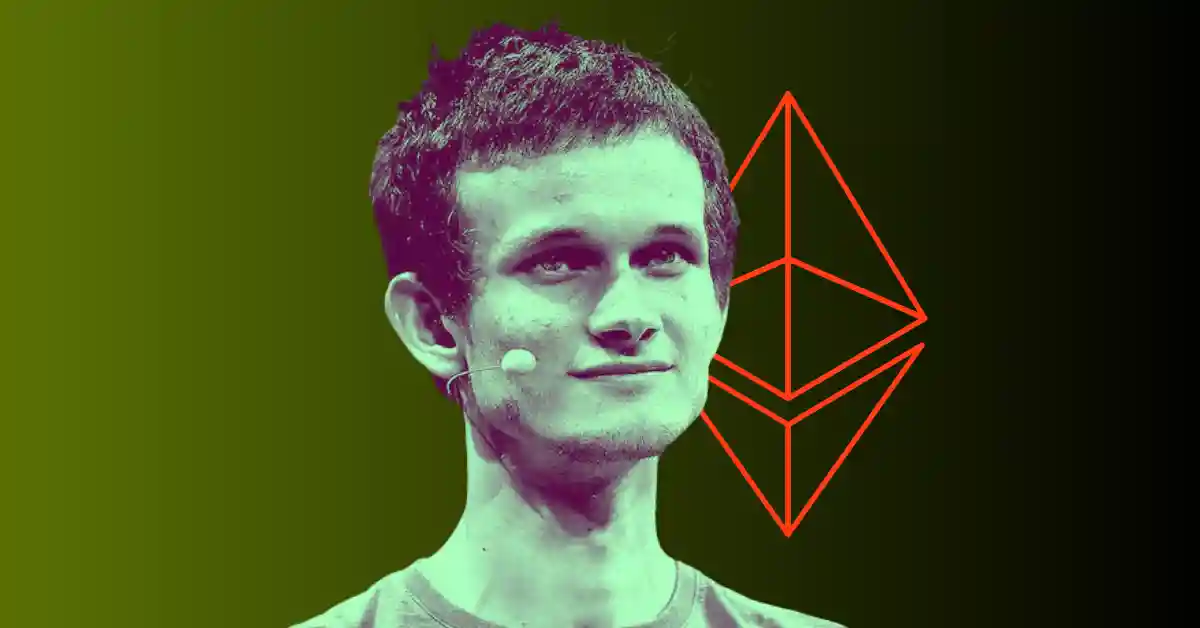
In a thought-provoking article, Ethereum co-founder Vitalik Buterin has shared his comprehensive vision for the ideal cryptocurrency wallet. His insights not only outline essential features but also offer a critique of certain industry practices. In particular, he subtly criticizes Sam Bankman-Fried, the ex-CEO of FTX, who was involved in the catastrophic downfall of the exchange, causing significant financial losses for users. Buterin positions Bankman-Fried as a cautionary example of what not to emulate in the crypto space.
According to Buterin, wallets are crucial gateways that connect users to the Ethereum ecosystem. To fully benefit from the attributes of decentralization, censorship resistance, security, and privacy offered by Ethereum, it is imperative that the wallets themselves embody these characteristics.
Emphasis Placed on Privacy and Security
While there has been substantial progress in enhancing the user experience and functionality of Ethereum wallets, Buterin’s article zeroes in on the essential features of an ideal wallet, placing a strong emphasis on security and privacy. Security, in his view, should be the cornerstone of wallet development. He advocates for the implementation of social recovery mechanisms through multi-signature (multisig) wallets.
Buterin underscores the importance of wallets in protecting users from both external threats, such as hackers and malicious developers, and internal errors. To achieve this, he proposes the use of social recovery mechanisms and multisig wallets with graded access control. Complex guardian architectures, incorporating features like varying timelock durations at different thresholds, can enhance the success rate of legitimate account recovery while reducing the risk of theft.
But Who or What Should the Guardians Be?
In the quest for robust security, Buterin explores the concept of guardianship. For seasoned crypto users, utilizing the keys of trusted friends and family to create a new address can mitigate the risk of collusion. However, this option is not viable for newcomers to the crypto world.
Buterin suggests institutional guardians as an alternative. These entities would only authorize transactions upon receiving verification, such as a confirmation code or video call, especially for high-value transactions. Despite numerous attempts to make this service mainstream, it remains largely unexplored.
Managing multiple personal devices poses challenges for inexperienced users and increases the risk of theft or loss. Passkeys, stored on devices or in the cloud, offer a blend of password security and hardware assumptions. Nevertheless, reliance solely on passkeys may not suffice to safeguard substantial assets.
Turning to advanced technologies, Buterin highlights the potential of ZK-SNARKs (Zero-Knowledge Succinct Non-Interactive Arguments of Knowledge) to convert centralized IDs—such as zk-email, Anon Aadhaar, and Myna Wallet—into secure Ethereum addresses. These addresses can only facilitate transactions when a ZK-SNARK verifies the ownership of the centralized ID.
Privacy, an Everyday Feature
Privacy, according to Buterin, must be an intrinsic part of the wallet’s design rather than an afterthought. He advocates for wallets to inherently support multiple addresses for each user, with each address linked to specific applications. This separation would prevent cross-platform activity tracking.
Furthermore, integrated private transfer systems, powered by zero-knowledge technology, could eliminate the need for separate privacy-focused wallets. This approach would ensure that privacy is a default feature, seamlessly integrated into the wallet’s functionality.
In conclusion, Buterin envisions a future where artificial intelligence could revolutionize wallets, transforming them into intuitive companions. These AI-powered wallets would analyze user behavior, propose preventive measures against potential threats, and help the cryptocurrency space evolve beyond its current vulnerabilities.






